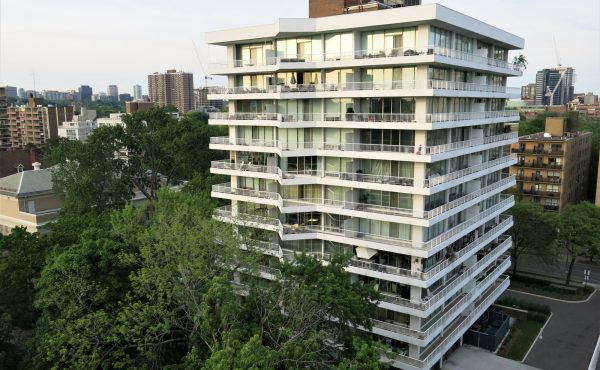

Each week we will be focusing on blogs from around the world dealing specifically with urban environments. We’ll be on the lookout for websites outside the country that approach themes related to urban experiences and issues.
– – – – – – – – – – – – – – – – – – – – – –
• An art project in Columbus, Ohio, asks residents to consider the role of parking lots in the city’s development. The piece, called Audio Dwelling, consists of two temporary houses–designed by art collective Learning Site–that emit a 15-minute-narrative on the subject of parking infrastrucutre in Columbus. Fittingly, the structure is located in a city parking lot.
• The Burj Dubai, the world’s tallest building, officially opened in Dubai last week. The luxury half-mile-high skyscraper cost $4.1 billion to build and took 6 years to complete. The timing of its completion is unfortunate as the city-state continues to face economic woes as a result of its recent debt-crisis. While the new building has been panned by critics as a symbol of Dubai’s excess, New Geography contributors Joel Kotkin and Robert J. Cristiano see The Burj’s completion as a tremendous opportunity, arguing that would it make the perfect new home for the United Nations.
• The Twin City Sidewalks Blog examines the connection between sprawl and America’s financial crises and how irresponsible real-estate speculation lead to the demise of many of the country’s local banks.
• Advertisers will soon be extending their reach on our city streets (albeit virtually) as a new patent granted to Google allows the company to sell billboard space on Google Street View.
• A post on the blog Landscape and Urbanism, explores why the notion of distinct city boundaries obscures our understanding of the urban landscape. Using a chapter from David Oates‘ book City Limits as a starting point, author Jason King argues that looking at cities as bounded entities with sharp and distinct edges “masks [the reality of ] urban connectivity” .
photo of The Burj Dubai by Joi Ito


2 comments
Note that the name of the tower in Dubai is now “Burj Khalifa”, renamed in honour of the President of the UAE and ruler of neighbouring Abu Dhabi, who bailed out Dubai during its recent near-failure to pay the bills.
The current issue of The American Prospect is very good. It includes a critic of Richard Florida.
http://www.prospect.org/cs/current_issue